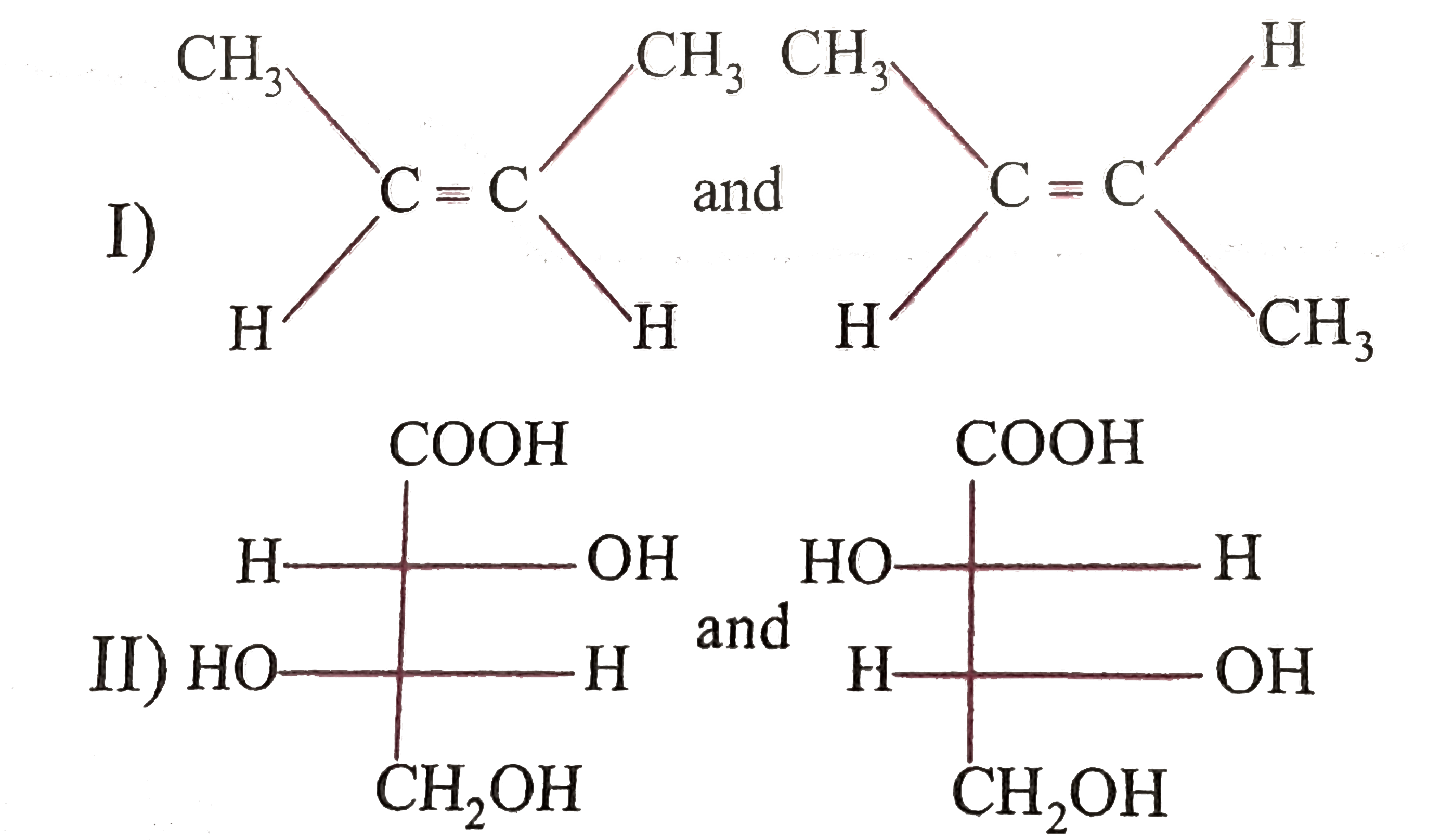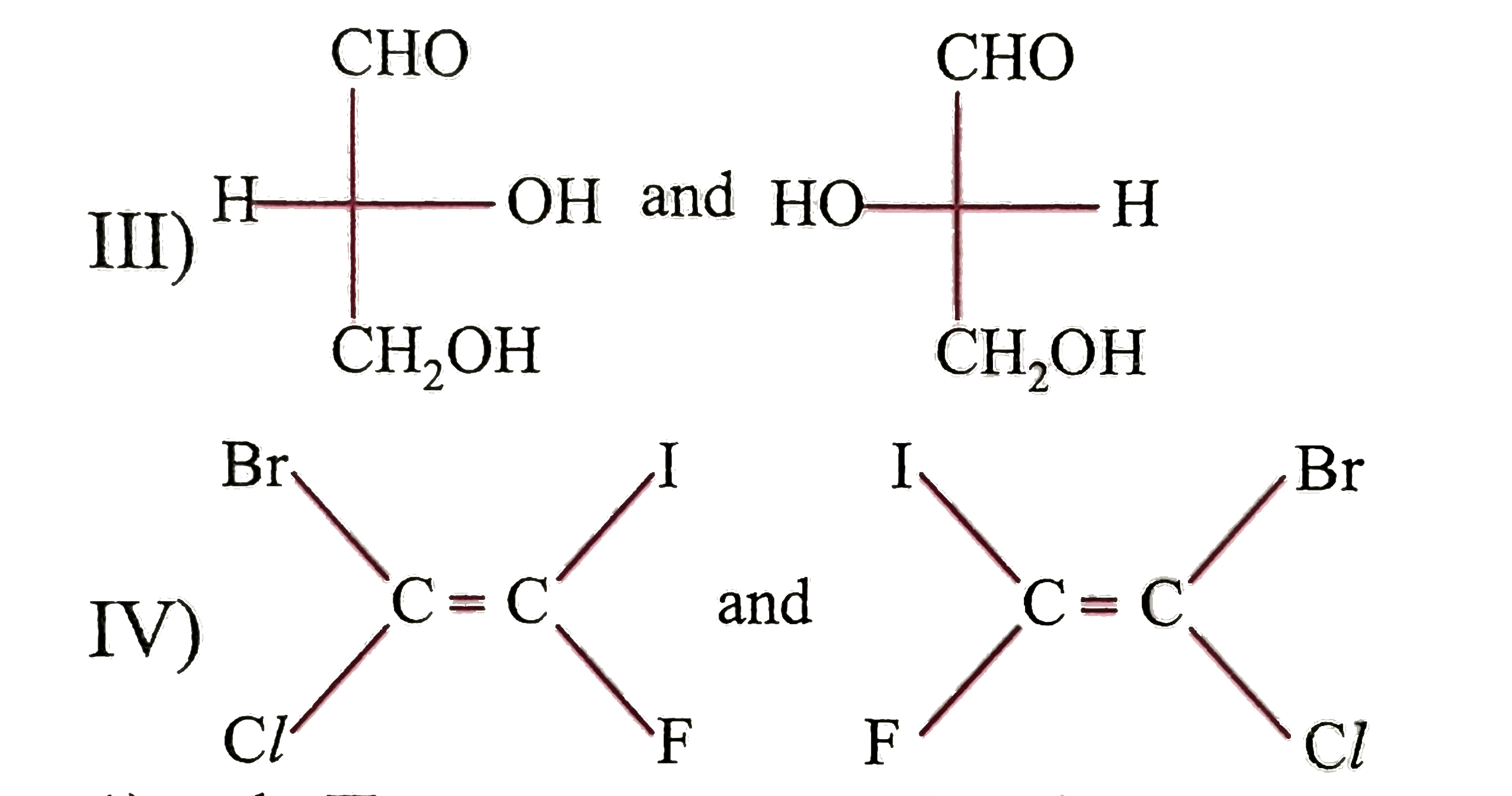Which among the following pairs of bases do not decompose on heating?
calcium hydroxide, potassium hydroxide
sodium hydroxide, potassium hydroxide
copper hydroxide, calcium hydroxide
calcium hydroxide, copper hydroxide
The correct Answer is:B
To determine which pairs of bases do not decompose on heating, we need to analyze the stability of each base when subjected to heat.
1. Identify the Bases: We need to consider the pairs of bases given in the question. The bases mentioned in the video are Sodium Hydroxide (NaOH), Potassium Hydroxide (KOH), Calcium Hydroxide (Ca(OH)₂), and Copper Hydroxide (Cu(OH)₂).
2. Understand Decomposition: Decomposition refers to the process where a compound breaks down into simpler substances when heated. We need to find out which bases remain stable and do not decompose upon heating.
3. Examine Sodium Hydroxide (NaOH):
- Sodium Hydroxide does not decompose when heated. It remains stable and retains its structure.
4. Examine Potassium Hydroxide (KOH):
- Similar to Sodium Hydroxide, Potassium Hydroxide also does not decompose upon heating. It remains stable.
5. Examine Calcium Hydroxide (Ca(OH)₂):
- When Calcium Hydroxide is heated, it decomposes into Calcium Oxide (CaO) and Water (H₂O). Therefore, it does not fit the criteria.
6. Examine Copper Hydroxide (Cu(OH)₂):
- Copper Hydroxide also decomposes upon heating to form Copper Oxide (CuO) and Water (H₂O). Thus, it does not meet the criteria either.
7. Conclusion: The only pair of bases that do not decompose upon heating are Sodium Hydroxide and Potassium Hydroxide. Therefore, the correct answer is the pair: Sodium Hydroxide and Potassium Hydroxide.
Final Answer:
The bases that do not decompose on heating are Sodium Hydroxide (NaOH) and Potassium Hydroxide (KOH).
- Sodium Hydroxide does not decompose when heated. It remains stable and retains its structure.
- Similar to Sodium Hydroxide, Potassium Hydroxide also does not decompose upon heating. It remains stable.
- When Calcium Hydroxide is heated, it decomposes into Calcium Oxide (CaO) and Water (H₂O). Therefore, it does not fit the criteria.
- Copper Hydroxide also decomposes upon heating to form Copper Oxide (CuO) and Water (H₂O). Thus, it does not meet the criteria either.
The bases that do not decompose on heating are Sodium Hydroxide (NaOH) and Potassium Hydroxide (KOH).
Topper's Solved these Questions
- ACIDS, BASES AND SALTSBOOK - PEARSON IIT JEE FOUNDATIONCHAPTER - ACIDS, BASES AND SALTSEXERCISE - TEST YOUR CONCEPTS ( SHORT ANSWER TYPE QUESTIONS)
27 Videos
- ACIDS, BASES AND SALTSBOOK - PEARSON IIT JEE FOUNDATIONCHAPTER - ACIDS, BASES AND SALTSEXERCISE - CONCEPT APPLICATION (LEVEL 1)
41 Videos
- ACIDS, BASES AND SALTSBOOK - PEARSON IIT JEE FOUNDATIONCHAPTER - ACIDS, BASES AND SALTSEXERCISE - EXAMPLE
4 Videos
- AIR AND OXYGENBOOK - PEARSON IIT JEE FOUNDATIONCHAPTER - AIR AND OXYGENEXERCISE - Assemssment Test-2
15 Videos
Similar Questions
Knowledge Check
Which among the following pairs of bases do not decompose on heating?
ACalcium hydroxide, potassium hydroxideBSodium hydroxide, potassium hydroxideCCopper hydroxide, calcium hydroxideDSodium hydroxide, copper hydroxideWhich among the following is not a base?
ANaOHBKOHCNH4OHDC2H5OHWhich among the following pairs is wrong ?
ANizam Shahis- AhmednagarBAdil Shahis - BijapurCBaid Sahis - BerarDQutub Shahis - Gotconda


